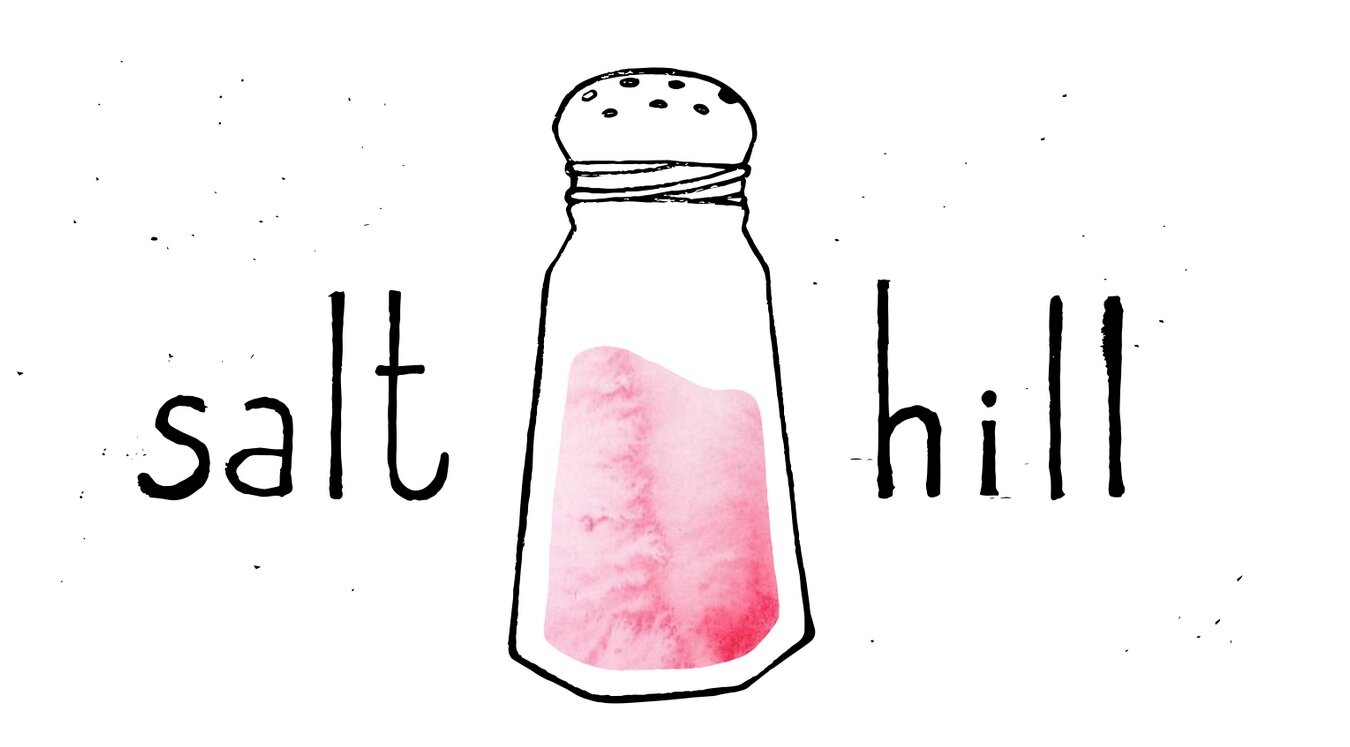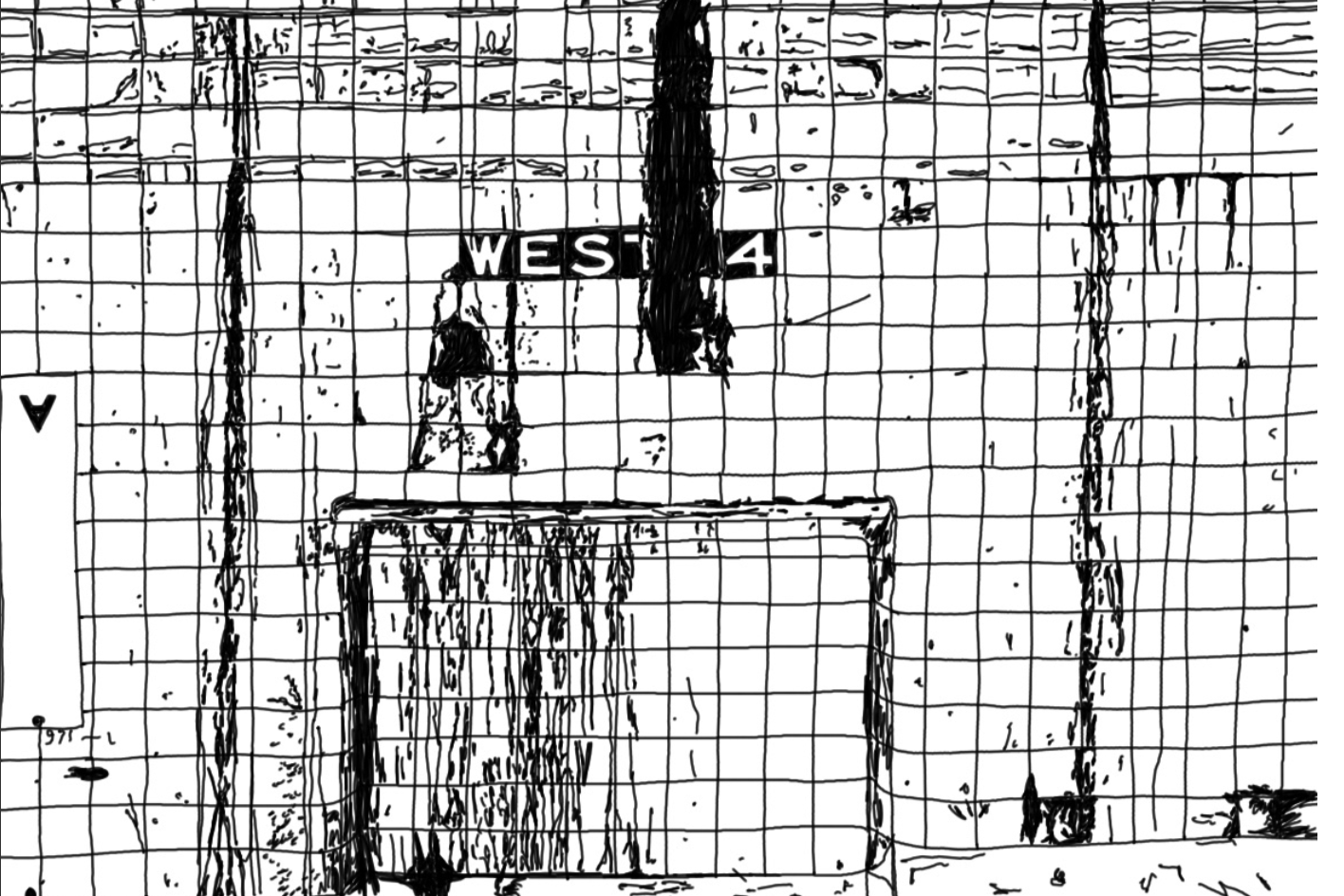Samantha Padgett
My Sister Blames Our Parents, Not Meth, for the Loss of Her Teeth
Pushcart Prize Nominee
I try my best to remember you
watching The Mummy Returns
in your room again the whirl
of the VCR you got
for Christmas I dream of teeth
often pull mine out
from the root waste time
trying to make
a dentist appointment
you try on sobriety again
and I feel nothing when you peel
it off for someone else to find
I know it’s a sickness I tell
my therapist my mouth full
of teeth but sometimes I wish
she were dead and I mean it
I mean I still see you a girl
spinning on her tiptoes trying so hard
to
be seen and when the earth
turns over in its sleep and when the
sun stretches its fingers
deeper into our shared universe
I hear that pop, pop, popping
and feel the weight
of your tongue
because how could I not
we were girls together
and we’re still just
little things two
kittens trapped
in a car engine
Samantha Padgett graduated with an MFA in Creative Writing, Publishing, and Editing from Sam Houston State University. Her work has appeared or is forthcoming in Poet Lore, Cleaver Magazine, New Ohio Review, New American Review, American Literary Review, and elsewhere. She lives in Austin, TX with her partner and her cat.
This piece was originally published in Salt Hill 54

